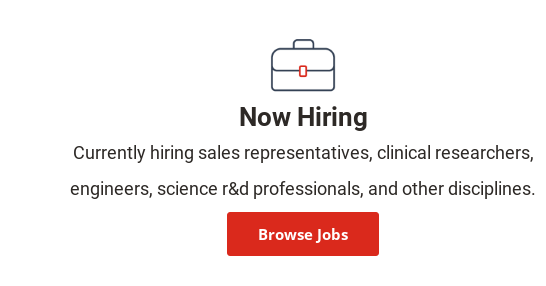7 Great Questions to Ask at the End of a Job Interview to Leave a Good Impression
Consider these questions to ask at the end of a job interview
One of the biggest mistakes a qualified, competitive job candidate can make in the interview is failing to ask any questions to the interviewer. They generally do not know the questions to ask at the end of a job interview. Typically at the end of most interviews, the interviewer will inevitable get around to asking “Do you have any questions for me?” If your answer is something like, “No, I think I’m good,” you likely just put your candidacy in jeopardy.
No matter how thorough the interviewer or hiring manager was at describing the role, the organization, its people, or your career path, there’s always something else that could be asked, and not asking anything signals that you’re not especially interested in knowing any more and that you may not be taking the job opportunity very seriously. And, of course, if a hiring manager gets the sense that you’re not that serious about their company, they’re certainly not going to be that serious about considering you for the position.

To convey that you’ve done your due diligence and are taking great care to evaluate if the position is the right fit for you, come every single job interview armed with a few “go-to” questions to ask at the end of a job interview that let your interviewer know you’ve put some thought into joining their organization.
Example of Some Questions to Ask at the End of a Job Interview
1. What kind of professional development programs or growth support does the company offer?
Let them know you want a long-term career, not just a job for the here and now. If you consider these types of questions to ask at the end of a job interview, your interviewer will get an idea that you are a promising candidate. Finding multiple ways throughout the interview to express your desire to grow with the company over the long term will assure your interviewer that you’re committed to the position and a solid investment for them.
2. What are the biggest challenges I would face in the first 6-12 months?
This question demonstrates that you’re already strategizing about how to deal with the inevitable challenges you’ll face, also suggesting to the interviewer that you’re a problem-solver from the get-go. Employers want to know not only how you’ll handle wins but also (and maybe even more importantly) how you’ll cope with roadblocks.
3. Do you have any concerns or reservations about my qualifications?
Don’t feel like you’re putting your interviewer on the spot by asking this question. Considering these questions to ask at the end of a job interview gives them a chance to speak openly about any skills gaps you might have and, more importantly, gives you the opportunity to address their concerns and lay out your plan for getting the skills, experience, education, or training that you may be lacking.
4. What are the most important things you want the person in this role to accomplish in the first 60-90 days?
When you’re thinking of joining a new company, it’s important to get a sense of what tasks or projects to prioritize first. If this wasn’t already made clear in the interview, be sure to ask what you should put at the top of your list so that your new employer knows you’re ready to take on the most important, pressing issues right away.
5. What other person (or department) will I be working most closely with and can you tell me more about that relationship?
Pondering these questions to ask at the end of a job interview will give you some much-needed “context” around the position and department to which you’re applying. Your employer may communicate any past issues or problems that need to be addressed in your first months on the job. In any case, you’ll need to be armed with as much background information as possible so you can make a smooth transition into the role and have a clear understanding of the processes between your role and other team members or departments that need improving.
6. What is the biggest challenge that the company as a whole is facing, and how does this position help to offer a solution?
By demonstrating your concern and strategic thinking around the overall health of the company, and not just your own position or department, potential employers are more likely to see you as a valuable asset that will add equity and energy to their team. This question conveys that you can simultaneously tackle the daily tasks or projects in front of you while also keeping the bigger picture in mind.
7. What is the history of this position? Are there any legacy issues with the role that I would need to address?
Similar to the question about how closely your position works with other team members or departments, picking questions to ask at the end of a job interview regarding the history of your role and the way it has developed or change over time will give you a valuable historical perspective and clue you in to things that may or may not have worked well in the past. History need not repeat itself here, and a simple yet candid conversation before you start the job about how your position has evolved over time will help you to avoid making some of those same mistakes.
Click here to see thousands of life science jobs on BioSpace's job board.
